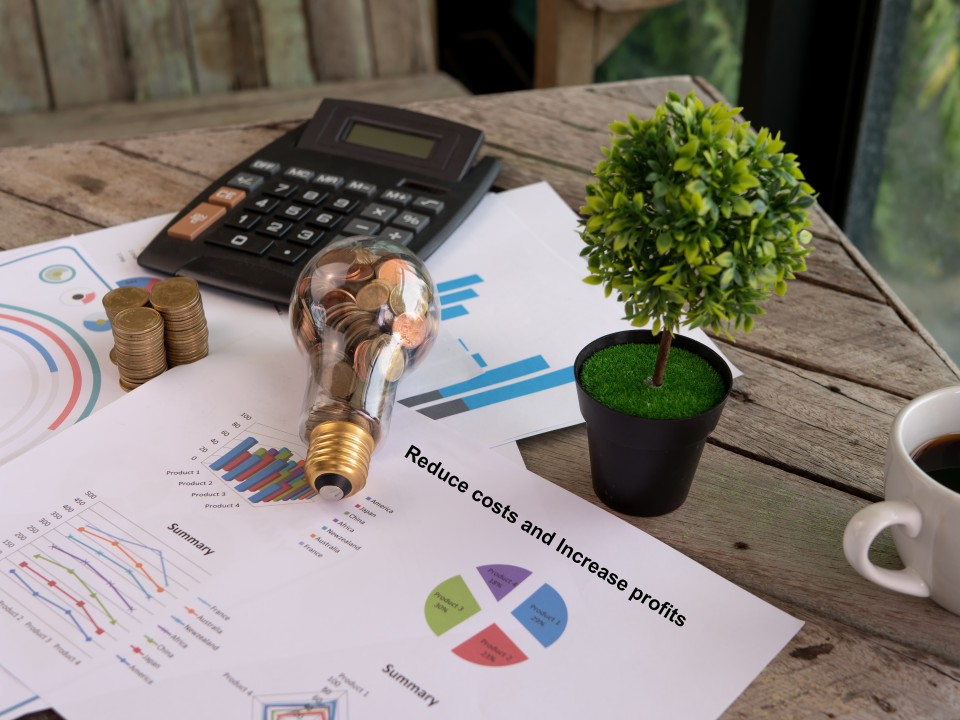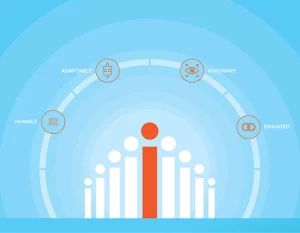
In an era marked by growing environmental concerns and social consciousness, sustainable business practices have emerged as a critical imperative for organizations worldwide
Balancing profitability and environmental responsibility is no longer an option but a necessity. This article delves into the significance of sustainable business practices, explores the benefits they offer, and highlights strategies for achieving the delicate balance between profitability and environmental stewardship
1. The Importance of Sustainable Business Practices:
Sustainable business practices encompass a range of actions aimed at minimizing negative environmental impacts, conserving resources, and promoting social responsibility. By adopting sustainable practices, businesses can contribute to a healthier planet, build a positive brand image, attract environmentally conscious consumers, and mitigate risks associated with climate change and resource scarcity. Moreover, sustainability initiatives often lead to cost savings, increased operational efficiency, and long-term business resilience.
2. Integrating Sustainability into Core Business Strategies:
To effectively balance profitability and environmental responsibility, organizations must integrate sustainability into their core business strategies. This involves setting measurable sustainability goals aligned with the organization’s mission and values. Leaders should develop comprehensive sustainability plans that encompass areas such as energy efficiency, waste reduction, responsible sourcing, and stakeholder engagement. By making sustainability a strategic priority, businesses can foster a culture of sustainability throughout their operations.
3. Collaboration and Supply Chain Transparency:
Sustainability efforts extend beyond a company’s immediate operations. Collaborating with suppliers, partners, and customers is vital for driving sustainability across the entire supply chain. Establishing transparent and ethical supplier relationships, conducting life cycle assessments, and promoting sustainable procurement practices help ensure that sustainability considerations are embedded throughout the value chain. By working collaboratively, businesses can leverage collective impact and drive positive change at a larger scale.
4. Innovation and Circular Economy Principles:
Innovation plays a pivotal role in sustainable business practices. Embracing circular economy principles, which prioritize resource efficiency and waste reduction, allows organizations to identify innovative solutions that minimize their ecological footprint. By implementing product and process innovation, businesses can create sustainable alternatives, develop eco-friendly packaging, and optimize resource utilization. Additionally, adopting renewable energy sources and investing in clean technologies can further enhance sustainability performance while driving economic growth.
5. Engaging Stakeholders and Communicating Progress:
Transparent communication with stakeholders is essential for building trust and credibility. Organizations should engage with employees, customers, investors, and local communities to share their sustainability commitments, progress, and challenges. Regular reporting on environmental metrics, social impact, and sustainability performance demonstrates accountability and fosters a culture of transparency. Engaging stakeholders in sustainability initiatives can also provide valuable insights, strengthen partnerships, and drive collective action.
Conclusion:
Sustainable business practices are no longer a choice but an integral part of long-term success. By balancing profitability and environmental responsibility, organizations can create shared value for themselves, their stakeholders, and the planet. Through integrating sustainability into core business strategies, collaborating across the supply chain, fostering innovation, and transparently communicating progress, businesses can navigate the sustainability landscape, achieve their financial goals, and contribute to a more sustainable and resilient future.

